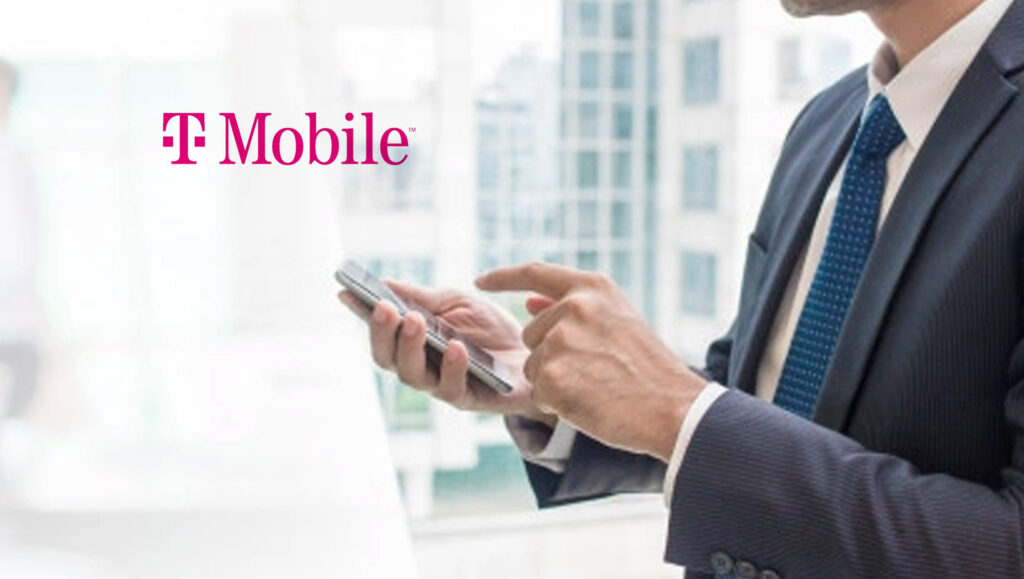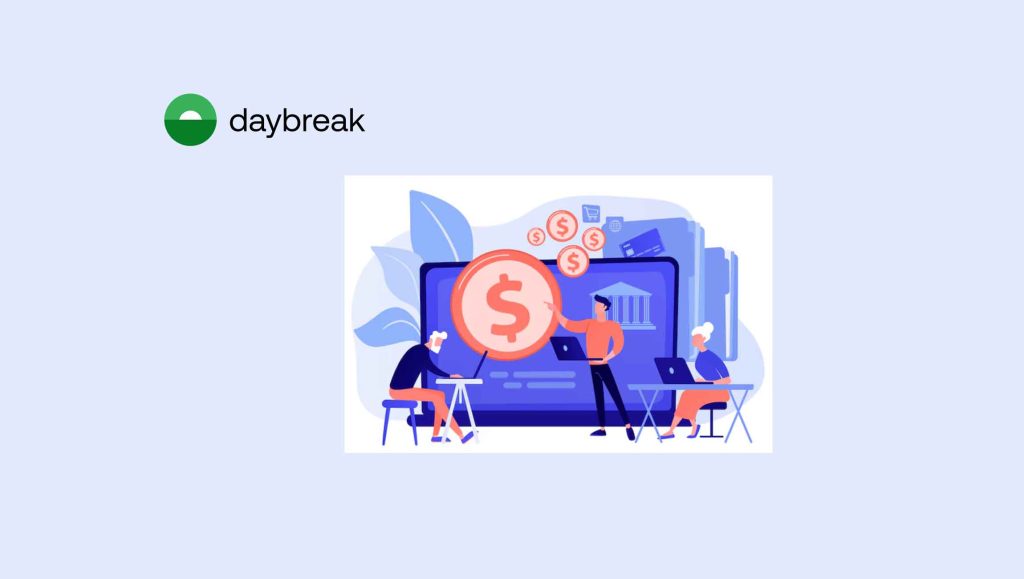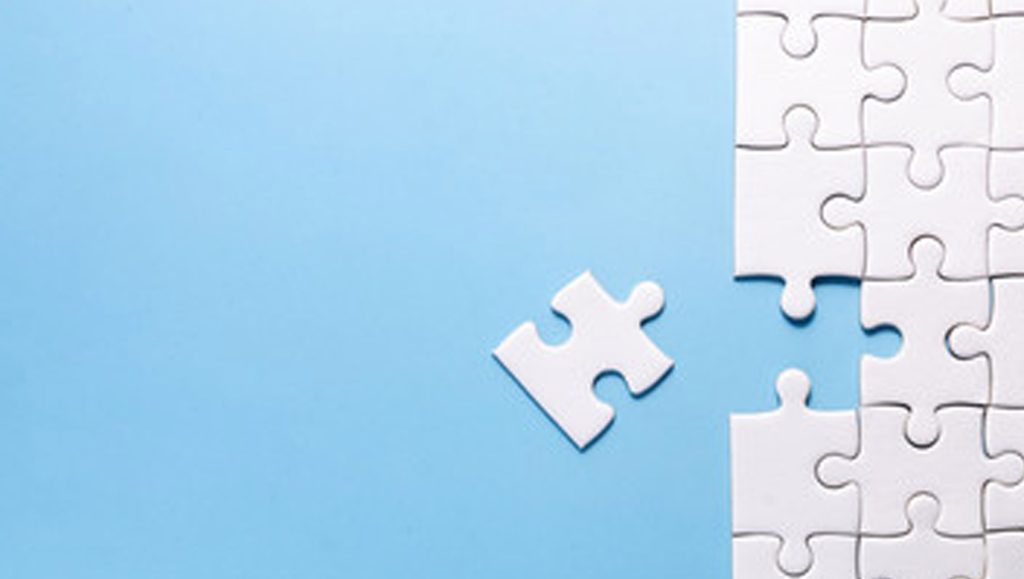A key milestone towards protecting consumers from scammers and unwanted robocalls, T-Mobile, First Orion, and partners complete their first standards-based wireless call to combine authenticated Caller ID and Rich Call Data
Spoofers beware. T-Mobile today announced a key milestone in protecting consumers from scammers and making Caller ID even more trusted. Along with a premier group of technology companies, messaging industry stakeholders and voice service providers including First Orion, CTIA, Everbridge, iconectiv, NetNumber, Numeracle, and Twilio, the Un-carrier completed what is believed to be the first ever wireless call to combine authenticated Caller ID and Rich Call Data (RCD), powered by the STIR/SHAKEN framework and protocols. With this important step forward for the industry, the job of scammers and spammers will soon be even harder.
Read More: SalesTechStar Interview With Andrew Stevens, VP Of Technology At Vivantio
“This marks an important milestone in protecting wireless consumers and enhancing confidence in voice calls”
“The ability to deliver RCD to mobile devices is a key tool in the battle against scammers as it increases consumer trust in knowing who is calling them and why,” said Abdul Saad, CTO of T-Mobile. “This proof-of-concept shows that by working together as an industry we can make sure that legal, critical, and wanted calls are delivered with a high level of consumer confidence.”
Recent reports indicate U.S. consumers are on pace to receive more than 52 billion robocalls this year. With all those unwanted and unknown callers, it’s no surprise that 80% of Americans say they don’t generally answer their cellphone when an unknown number calls. But that also means that important phone calls, like from the bank, the kid’s school or the pharmacy – that could show up as unknown numbers – also get missed. RCD for mobile calls is an important step towards solving this issue.
With RCD, you will get a consumer-friendly, recognizable display on the Caller ID – in most cases a brand’s logo – that indicate the call is from a trusted source. You know if it’s your bank, your pharmacy, or your doctor’s office calling and can decide when to pick up. When widely used, RCD will empower consumers with more call information, so they can make the right choices in the moment, stay safe from spam and scammers, and still get important calls.
“This marks an important milestone in protecting wireless consumers and enhancing confidence in voice calls,” said Tom Sawanobori, CTO of CTIA. “We congratulate T-Mobile on the successful proof-of-concept, which relies on the industry-backed centralized registry, Registered Caller™. By working together to enhance caller identification, the wireless ecosystem can ensure consumers get the communications they want, while stopping bad actors.”
Read More: ACV Acquires MAX Digital
Unlike traditional Caller ID that is pulled from third-party databases by the receiving end of the call, RCD is delivered straight from the organization that is calling. And because RCD is part of the STIR/SHAKEN framework, the information cannot be displayed unless it gets authenticated properly by the network. This give organizations greater control over how their branding and call intent is received by those they are calling, and it means that recipients know exactly who is calling and even why they are calling, with a high degree of trust.
“Imagine a future where all phone calls will be delivered with RCD providing complete transparency and protection in every call for every consumer, enhancing the way businesses connect with their customers,” said Jeff Stalnaker, President and Founder of First Orion. “Working with T-Mobile and other industry leaders to deliver this first-ever mobile call with RCD and authenticated Caller ID is an important step in making Enhanced Caller Identity a reality.”
T-Mobile is in a unique position to deliver RCD. Today, 100% of calls originating from the T-Mobile network are STIR/SHAKEN authenticated and T-Mobile has completed 100% of its industry-wide STIR/SHAKEN deployment. T-Mobile was the first to work with all major network providers. T-Mobile is verifying 257 million calls every day to help keep customers across the industry safe from spoofing.
The history-making call was completed on T-Mobile’s voice network using First Orion technology, interfacing with Everbridge, NetNumber, Numeracle, and Twilio.
Read More: Nucleus Recognizes SYSPRO As A Leader In 2021 Nucleus Research ERP Technology Value Matrix





















